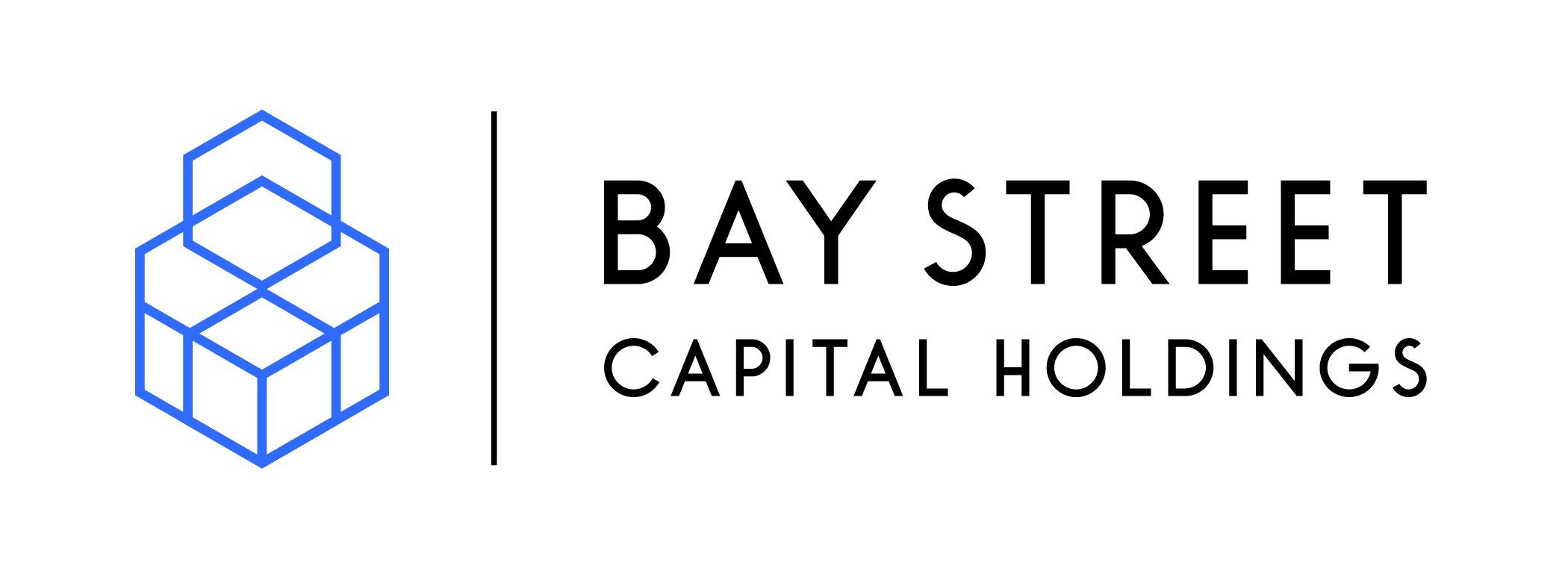What is a Donor-advised Fund?

Mulling over whether you should give to your favorite charity, nonprofit, or cause? Pull the trigger now if you want your charitable contribution to favorably impact your income tax deduction this year.
But let’s face it, deciding where to donate your hard-earned money can be a daunting task. With so many deserving public charities and causes vying for your attention, it's easy to get overwhelmed.
This is where donor-advised funds, or DAFs, come in to save the day. DAFs offer a simple and flexible solution for individuals looking to donate to charity while also maximizing their tax benefits.
Now, let's delve into what a donor-advised fund is, how it works, and whether it might be the right option for you. Our experts can give you a customized guide on working with a DAF.
Key Takeaways
- A donor-advised fund (DAF) is a type of charitable giving vehicle that allows individuals, families, and organizations to make charitable donations to a sponsoring organization, such as a community foundation or a financial services firm.
- Donors can contribute cash, appreciated assets like stocks or real estate, or other types of assets to the fund and receive an immediate tax deduction for their charitable contributions.
- Once the assets are in the fund, donors can recommend how the money is distributed to qualified nonprofit organizations of their choice.
Disclaimer
The contents of this article are for educational purposes only. They are not intended to be a source of professional financial advice. You will find experts on financial planning, financial management, and real estate here. More on disclaimers here.
What is Donor-advised Funds?

A donor-advised fund (DAF) is a type of charitable giving vehicle that allows individuals, families, and organizations to make charitable donations to a sponsoring organization, such as a community foundation or a financial services firm.
Donors can contribute cash, appreciated assets like stocks or real estate, or other types of assets to the fund and receive an immediate tax deduction for their charitable contributions.
How can I use my donor-advised fund to support charities?
Once the assets are in the fund, donors can recommend how the money is distributed to qualified nonprofit organizations of their choice. The sponsoring organization then evaluates the recommended charities to ensure they meet legal and IRS requirements before issuing grants to the designated organizations.
Donors can make additional contributions to their DAFs over time and continue to recommend grants to their favorite charities. Overall, DAFs offer a flexible and efficient way for individuals to manage their charitable giving and maximize the impact of their charitable donations.
What is another name for a donor advised fund?
A donor advised fund (DAF) is sometimes also known as a charitable gift fund or philanthropic fund. It's not unusual to come across DAF names that include 'Memorial Fund' or 'Honorary Fund'. These names can serve as a wonderful tribute to a dedicated friend, family member, or loved one by carrying on their charitable mission and spirit.
How are donations invested in a donor-advised fund?
A donor advised fund works through a very simple process. You don’t have to be rich to open an account. All you need do is place your donation — cash or other assets — in a DAF and claim your tax benefit.
Here's the cool part: your money is invested tax-free the way you want while you figure out which charity should receive your money. The more your money grows in value, the more you can give when you’re ready.
The folks managing DAFs vet each charity, so they can give you the best advice and data to guide your final decision. The fund also cuts the check to the charity.
Fidelity Donor-advised Fund & Schwab Donor-advised Fund
Brokerage firms Fidelity and Schwab only require a minimum of $5,000 to start. Vanguard and the National Philanthropic Trust want $25,000. Whichever you choose, you can go online to open a DAF.
In 1991, Fidelity Charitable rolled out what some see as the first modern-day DAF. However, the concept has been around since the Great Depression. Fidelity Charitable and rival Schwab Charitable allow you to donate as little as $500 each year after your initial $5,000 donation.
How Can I Invest in a Donor-advised Fund?

Basically, donors contribute. That's how DAFs get funding.
In 2020, U.S. charities took in $34.67 billion in grants from donor-advised funds, according to a 2021 annual report by the National Philanthropic Trust. On top of that, the total amount of charitable assets held in DAFs, which are counted as charities themselves, reached $121 billion.
Investing in a donor-advised fund is akin to investing in an individual retirement account (IRA). Like donor-advised funds, IRAs are a great way to get tax deductions. You can place your money in stocks, bonds, mutual funds, and exchange-traded funds (ETFs).
Or if you don’t like risk, just stick your donation in a money-market account, which is like a savings account with service charges. And speaking of risk, I recommend you invest your donations conservatively. Keep half of it out of stocks.
What non-cash donations can you make?
Unlike many other charities, donor-advised funds accept many kinds of non-cash donations. You can easily contribute a wide range of assets.
If you have an IRA loaded with mutual funds and ETFs, you can donate your IRA. Do you own real estate or a life insurance policy? You can donate those assets, too. And by contributing assets to a donor-advised fund, you can avoid paying capital gains taxes.
Additionally, if you donate assets that have increased in value since you acquired them, you can generally deduct the current market value of the asset rather than the initial purchase price. And in some cases, DAFs will even accept bitcoin.
Just remember that there are limits on what you can donate to secure a tax deduction. It ranges from 30 to 60 percent of your adjusted gross income and varies based on the type of asset you contribute. Our certified financial planner can help here.
What is the benefit of a donor-advised fund?

You may want to know: what are some of the financial or tax benefits of a donor-advised fund? One primary benefit of contributing to a donor-advised fund is that you can invest your donation for tax-free growth.
Besides offering financial aid to charitable organizations, Donor-Advised Funds (DAFs) can also provide donors with an opportunity for immediate income tax deductions.
Additionally, DAFs may help reduce capital gains tax and estate tax, making them an attractive option for individuals who wish to give back to society while also benefiting from tax advantages.
What are the disadvantages of a donor advised fund?

As practical and promising as they sound, DAFs do have a few drawbacks, of which the first is that you can never get your money back for any reason.
Second, you have to pay a bit in recurring fees as your money is invested. Fidelity, Schwab, and Vanguard each charge an administration fee of about 0.6 percent. This comes out to $60 a year on a $10,000 investment.
You also have to pay fees to the mutual funds or ETFs holding your donations, as well as trading commissions, which are levied every time you buy or sell within your DAF. Over time, fees can eat away at your overall donation.
Another concern? Your donation may never actually make it to a charity. By law, it can sit in perpetuity in the DAF. You can pass it on to your heirs who may never touch it. And while your money grows (or not), Fidelity and Schwab are making money off of you. That’s money, critics contend, that could be better spent on the charities.
What happens to my donor-advised fund after my death?
Even after you're gone, your charitable giving legacy can continue through your Donor-Advised Fund (DAF). Your DAF can be passed on to a family member or close friend who can then advise on the distribution of the funds. Alternatively, your DAF can be divided to create multiple accounts for each successor, ensuring that your philanthropic goals are carried forward for years to come.
Types of Donor-Advised-Fund Sponsors

There are various types of donor-advised fund (DAF) sponsoring organizations, including community foundations, national charities, financial services firms, and religious organizations.
Community foundations
Community foundations are local organizations that serve a specific geographic area, such as a city or region. They are often involved in community building and grant-making, and their DAFs can provide donors with a way to give back to their communities.
National Charities
National charities are large nonprofit organizations that have a broad reach and mission, such as the United Way or the American Red Cross. They may offer DAFs as a way for donors to support their programs and initiatives.
Financial Service Firms
Financial services firms, such as Fidelity Charitable or Schwab Charitable, offer DAFs as part of their suite of financial products and services. These firms often provide donors with investment options and tools to help manage their charitable giving.
Religious Organizations
Religious organizations, such as Catholic Charities or the Jewish Federation, may offer DAFs as a way for donors to support their religious missions and affiliated charities.
Each type of DAF sponsor may have different requirements, fees, and services, so it's important for donors to research and compare their options before choosing a DAF sponsor.
Donor-Advised Fund vs. Private Foundation

Donor-advised funds (DAFs) and private foundations are two popular charitable giving options, but they differ in significant ways.
DAFs are funds managed by a sponsoring organization, such as a community foundation or financial services firm, that enable donors to make contributions and recommend grants to qualified nonprofit organizations.
Private foundations, on the other hand, are independent entities that are established and controlled by donors, who make contributions to the foundation and then direct its grant-making activities.
One significant advantage of DAFs over private foundations is the ease of administration. DAFs are generally easier and less expensive to set up and maintain, as the sponsoring organization handles much of the administrative and regulatory work. DAFs also offer greater tax advantages for donors, as they provide an immediate tax deduction for contributions and avoid capital gains taxes on appreciated assets.
Private foundations, on the other hand, offer donors greater control over their grant-making activities, as they can establish specific grant-making programs and target their giving to particular causes or organizations.
Private foundations can also provide more flexibility in terms of investment strategies, as donors have greater control over the foundation's investments. However, private foundations are subject to stricter regulations and compliance requirements, and may be subject to higher administrative costs and excise taxes.
The Bottom Line
To sum up, a DAF’s benefits outweigh its drawbacks. If you do your homework and mind your fees, you’ll end up selecting the best investments and minimizing the fees that you need to pay. That said, donor-advised funds offer the budding philanthropist a simple and efficient way to get tax breaks while giving back.

Bay Street Capital Holdings is a financial company that provides independent investment advisory, wealth management, and financial planning services to enhance total assets and income while efficiently managing overall risk and volatility.
The company's founder, William Huston, has been recognized as one of Investopedia's Top 100 Financial Advisors for 2022. Bay Street Capital Holdings was established to foster diversity and aid emerging fund managers and entrepreneurs.
Additionally, the firm was a finalist in the Asset Manager for Corporate Social Responsibility (CSR) category, out of more than 900 firms in the US.





















